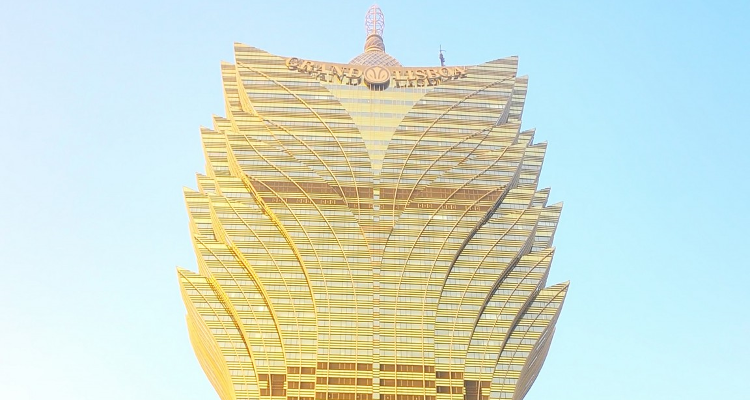In Macau, an appeals court has ruled as illegal an investment scheme offered by a local junket firm while additionally ordering operator Cheong Wai Leng to repay around $322,252 in cash with interest.
According to a report from television and radio broadcaster Teledifusao De Macau, the enclave’s Court Of Second Instance was reviewing a case brought by an individual that had invested the cash in Cheong Wai Leng’s VIP room at the Grand Lisboa. After initially offering monthly returns on the initial outlay worth around 3%, the junket firm soon stopped making payments and closed its venture inside the casino operated by Sociedade De Jogos De Macau Holdings Limited in November of 2009.
In its defense, Cheong Wai Leng unsuccessfully argued that the money had represented a risk-laden investment rather than a loan with Teledifusao De Macau reporting that the court’s ruling means that the junket industry in Macau could now find itself on the hook for repayments totaling around $90.24 million.
“In fact, although the related contract is titled as an investment, there is nothing related to an investment purpose at all,” read the court’s September 15 ruling made public last week.
The Court Of Second Instance additionally questioned why the short-changed individual had incurred a financial loss without being entitled to a share of any profits if the arrangement had represented an investment.
“If it is really a type of investment, then why did [Cheong Wai Leng] need not bear any financial loss,” read the verdict. “Why is he not sharing the profits based on the investment ratio and why is there such a thing as 3% interest regardless of whether there is a profit or not.”
In its finding for the out-of-pocket female investor, the appeals court declared that only banks are allowed to take on deposits in Macau while also finding as illegal the 3% interest rate as it represented an annual figure of 36% and, as such, exceeded the annual permitted interest rate for loans to junket operators of 29.25%.
“When it comes to the interest, by setting a rate of 3% per month, which corresponds to 36% a year, we can see that this is higher than the maximum allowed by law so this must accordingly be reduced to three times the legal interest rate,” read the appeals court’s ruling.


